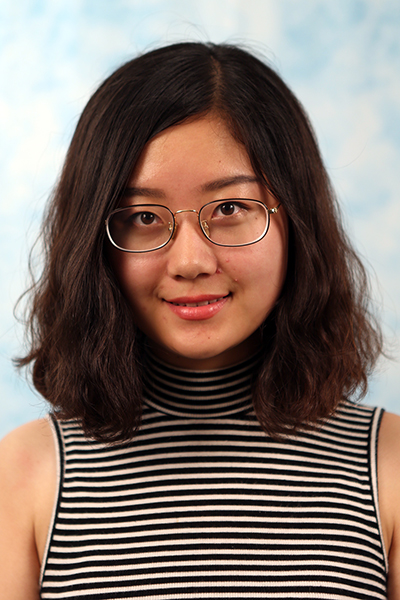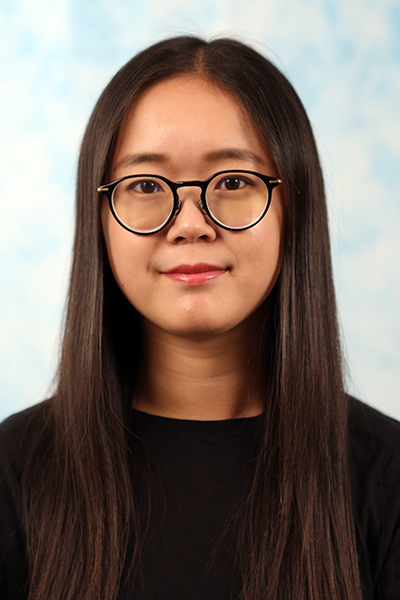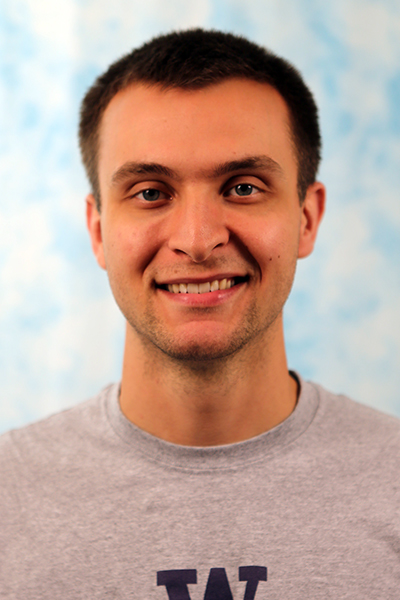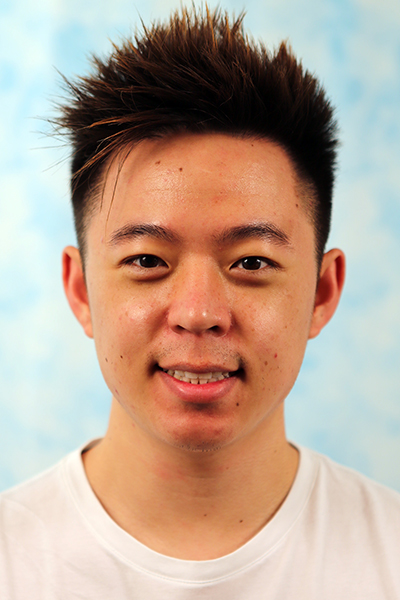Carnegie Mellon University
Towards Understanding and Mitigating Biases
Abstract: There are many problems in real life that involve collecting and aggregating evaluation from people, such as conference peer review and peer grading. In this thesis, we consider multiple sources of biases that may arise in this process: (1) human bias -- the data collected from people are noisy and reflect people's calibration criteria [...]
Toward Intent Recognition through Nonverbal Behaviors in Assistive Co-Manipulation
Abstract: Robots are becoming more versatile, increasing the available opportunities to use them in situations that aid people in everyday tasks. For example, recent research has investigated robot manipulators for assisting people with motor impairments in activities of daily living such as eating a meal. To form successful collaborations in these interactions, researchers need to [...]
Carnegie Mellon University
Anqi Yang – MSR Thesis Talk
Title: 3D Object Detection from CT Scans using a Slice-and-fuse Approach Abstract: Automatic object detection in 3D X-ray Computed Tomography imagery has recently gained research attention due to its promising applications in aviation baggage screening. The huge dimension of an individual 3D scan, however, poses formidable computational challenges when coupled with deep 3D convolutional [...]
Carnegie Mellon University
Tian Ye – MSR Thesis Talk
Title: Interpretable Intuitive Physics Model Abstract: Humans have a remarkable ability to use physical commonsense and predict the effect of collisions. But do they understand the underlying factors? Can they predict if the underlying factors have changed? Interestingly, in most cases humans can predict the effects of similar collisions with different conditions such as changes [...]
Carnegie Mellon University
Rotational Distributions for Pose Estimation
Abstract: For robots to operate robustly in the real world, they should be aware of their uncertainty, particularly when estimating the position and orientation, or pose, of objects. This uncertainty can be caused by many factors, such as occlusions, poor lighting, or object symmetry. These factors can naturally induce an inherent ambiguity in terms of [...]
Carnegie Mellon University
Hunter Goforth – MSR Thesis Talk
Title: Learning for Registration in 2D and 3D Abstract: We explore the application of deep learning to 2D (image) and 3D (point cloud) registration, especially in scenarios where traditional methods can fail. In the 2D case, we apply a recently-proposed learning method to the problem of aligning outdoor imagery taken across different seasons or [...]
Carnegie Mellon University
Manipulation Planning using Pushing or Pulling Primitives
Abstract: Humans manipulate objects using a wide range of actions, such as grasping, pushing, pulling, in-hand rolling, and more. This observation has lead to much research about modeling and learning individual manipulation actions. To better understand the impact of action models on planning and executing manipulation actions, we applied manipulation planning with pushing and pulling [...]
Event Cameras: Image Reconstruction, Convolutions and Color
Abstract: Event cameras are novel, bio-inspired visual sensors, whose pixels output asynchronous and independent timestamped spikes at local intensity changes, called ‘events’. Event cameras offer advantages over conventional frame-based cameras in terms of latency, high dynamic range (HDR) and temporal resolution. Event cameras do not output conventional image frames, thus, image reconstruction from events enables [...]







